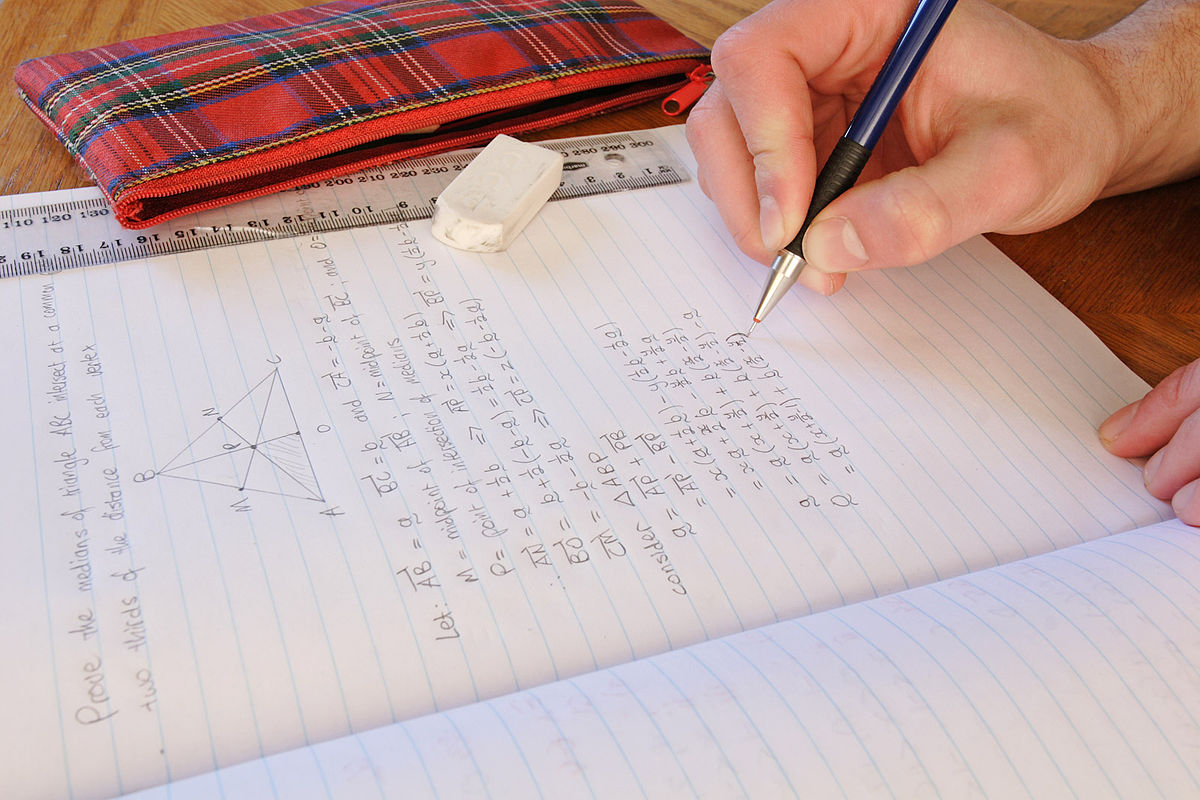
Just as students with dyslexia can struggle with words, some students struggle with numbers. This is called dyscalculia. Students with dyscalculia lack the ability to access the memories that automate math problems and can struggle with seemingly simple math equations. It is important that students with dyscalculia are appropriately diagnosed so that the best measures can be taken to ensure improved education.
Learning challenges: dyslexia equals struggles with words; dyscalculia equals struggles with numbers.
Some students with dyscalculia also have other difficulties such as dyslexia or a developmental language disorder. When a student has multiple learning difficulties, it can seem that one causes another. It is important to recognize all of these as different entities and to develop a treatment plan accordingly, so that every child has a shot at a quality education.
Key Takeaways:
Do You Need help with a Dyscalculia Difficulty?
Our simple online analysis will help you get to the core of the problem and find the right solution for you.
Understanding how to help someone with a learning difficulty starts with understanding which micro-skills are affected. When you learn which of the micro-skills is the problem, you will then be on your way to solving it.
You'll also learn how to:
- Build confidence
- Enhance Learning ability
- Eliminate avoidance
- Build grit
You can get this analysis for free by filling out this simple form. This will help you get to the bottom of a learning difficulty and provide you with a solution. If you are ready to put this problem behind you click the button below and fill out the form.










